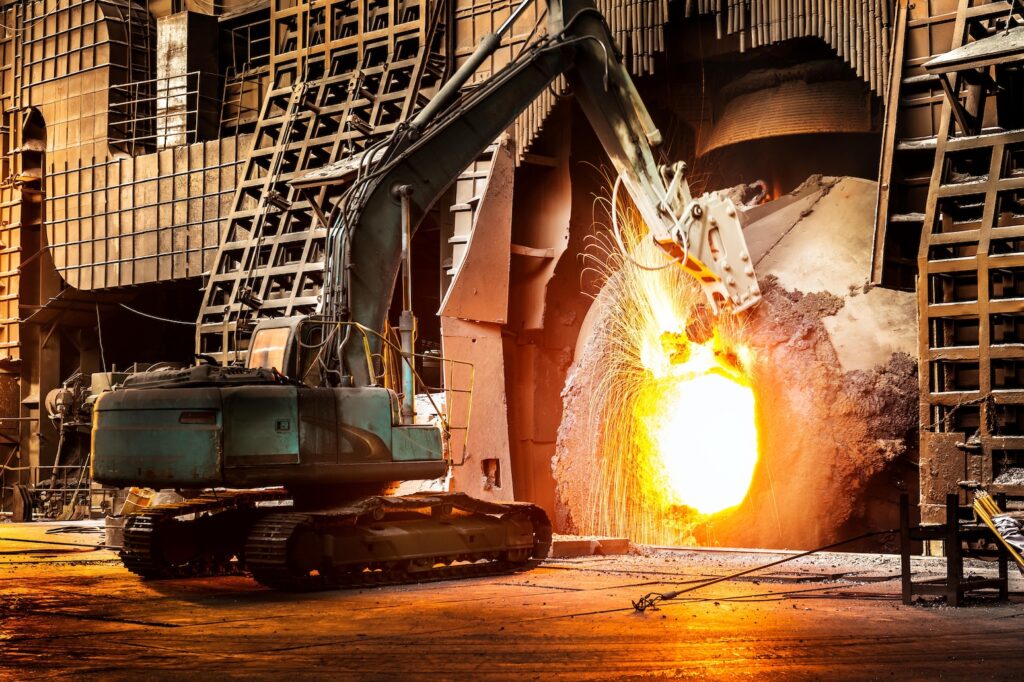Explainer: China’s Carbon Market to Cover Steel, Aluminium and Cement in 2024
Background
China, the world’s largest emitter of greenhouse gases, has been taking steps to reduce its carbon footprint. As part of its efforts, the country has been developing a national carbon market, which is expected to expand to cover additional sectors in 2024.
Current State of the Carbon Market
China’s national carbon market, also known as the National Emissions Trading System (ETS), was launched in 2020. The initial phase of the market covered the power generation sector, with a total of 2,253 power plants required to participate. The system aims to reduce carbon emissions by 20% below 2015 levels by 2030.
Expansion to Steel, Aluminium, and Cement
In 2023, the Chinese government announced plans to expand the carbon market to cover the steel, aluminium, and cement sectors. This move is expected to bring an additional 2,000 companies into the market, representing around 10% of China’s total carbon emissions.
Why These Sectors?
The steel, aluminium, and cement sectors were chosen for expansion due to their significant contribution to China’s carbon emissions. The steel sector, for example, accounts for around 10% of the country’s total emissions, while the cement sector accounts for around 8%.
Implementation Timeline
The expansion of the carbon market to cover the steel, aluminium, and cement sectors is expected to take place in two phases. The first phase, which will cover the steel sector, is expected to start in 2024, with the aluminium and cement sectors following in 2025.
Implications
The expansion of the carbon market to cover the steel, aluminium, and cement sectors is expected to have several implications for companies operating in these sectors. Some of the key implications include:
* Increased costs: Companies will need to purchase carbon credits to offset their emissions, which is expected to increase their costs.
* New business opportunities: The expansion of the carbon market is expected to create new business opportunities for companies that specialize in carbon reduction technologies and services.
* Increased transparency: The carbon market is expected to increase transparency in the reporting of emissions data, which will help companies to better understand their environmental impact.
Conclusion
The expansion of China’s carbon market to cover the steel, aluminium, and cement sectors is an important step towards reducing the country’s carbon footprint. While the move is expected to have some implications for companies operating in these sectors, it is also expected to create new business opportunities and increase transparency in the reporting of emissions data.
FAQs
Q: What sectors will be covered by the expanded carbon market?
A: The expanded carbon market will cover the steel, aluminium, and cement sectors.
Q: When will the expansion take place?
A: The expansion is expected to take place in two phases, with the steel sector being covered in 2024 and the aluminium and cement sectors following in 2025.
Q: What are the implications for companies operating in these sectors?
A: Companies will need to purchase carbon credits to offset their emissions, which is expected to increase their costs. However, the expansion is also expected to create new business opportunities for companies that specialize in carbon reduction technologies and services.


_2.png?w=150&resize=150,150&ssl=1)
_1.png?w=150&resize=150,150&ssl=1)

_1.png?w=150&resize=150,150&ssl=1)
_1.png?w=150&resize=150,150&ssl=1)
